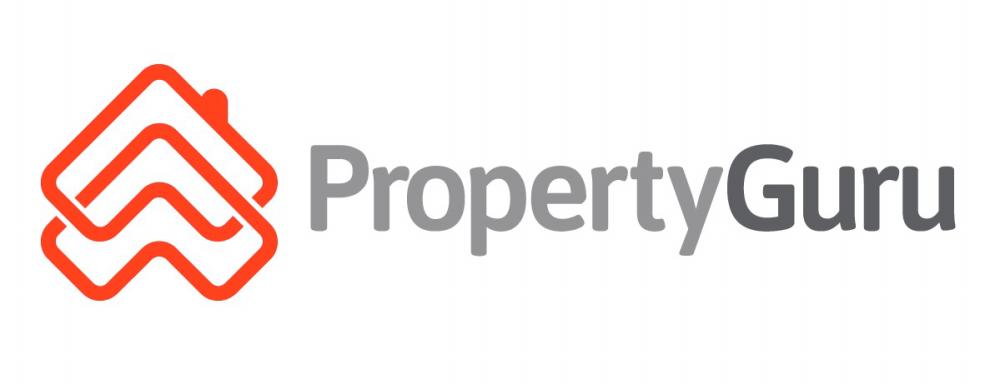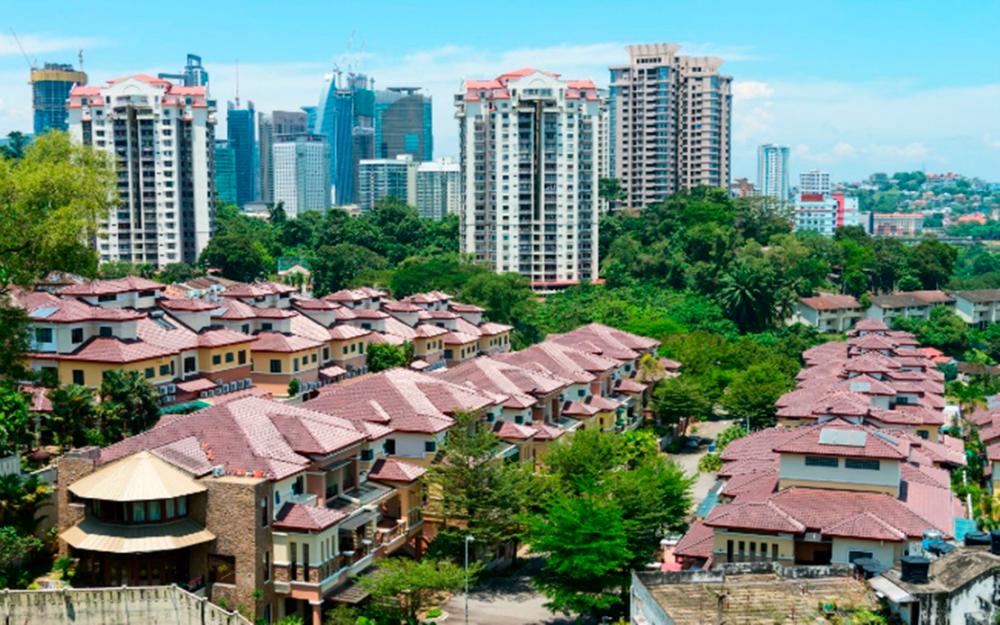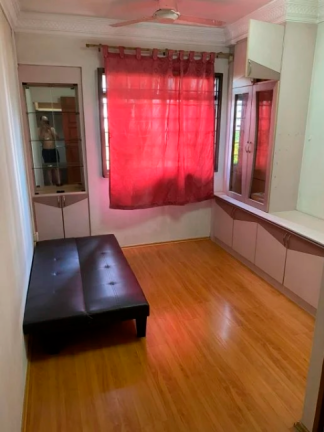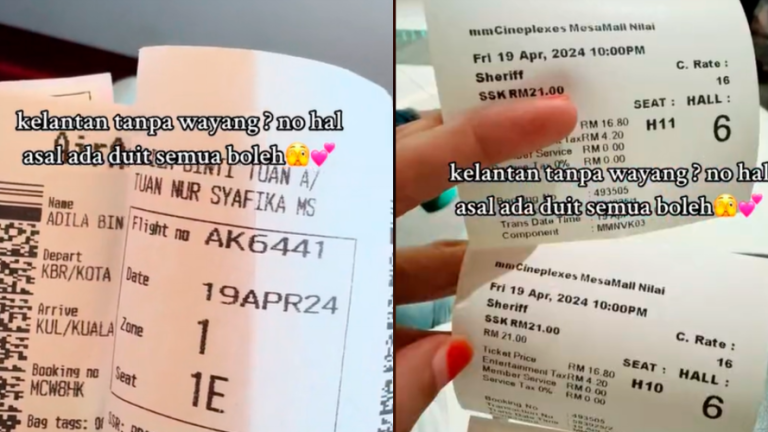Mah Sing Group Bhd
Founder and group managing director Tan Sri Leong Hoy Kum
1. Ease financing schemes for first time home buyers on properties up to RM500,000
We hope the government will implement additional measures aimed at first-time home buyers, specifically in home financing, to increase home ownership.
Impactful measures for first time homebuyers would include:
> A one-off first time home buyers’ grant of RM30,000 for property priced up to RM500,000 and/or to reactivate the MyHome Scheme programme to eligible purchasers.
> Lower, fixed rate financing for first time home buyers, for properties priced up to RM500,000
> Higher margin of financing up to 100% for first properties to assist the M40 and B40 groups affected by the pandemic.
For all buyers, we propose restoring the maximum loan tenure to 40 years, referring to gross income rather than net income for loan applications and allowing down payments to be made directly from EPF Account 2.
2. Reduce and standardise minimum threshold for foreign property ownership to RM600,000
The current minimum threshold for foreign property ownership varies according to states. We hope the government can review and standardise the minimum threshold to RM600,000 across all states. With the current currency rate, it will attract foreigners to invest in tangible investments.
3. Waiver or reduction of duties on construction materials until prices normalise
We hope the government could consider lifting the taxes and levies imposed on imported construction materials. According to the Real Estate and Housing Developers’ Association, the three most important factors affecting developers’ costs are compliance, construction materials and labour, followed by financing and land. The increase of construction material costs such as steel, aluminium, cement, concrete, glass, copper and timber are anticipated to increase by an average of 19% this year. This will increase the challenges on property developers, on top of other challenges such as inflationary pressures and economic uncertainties.

4. Resolve labour shortage problem
Master Builders Association Malaysia in early September stated that contractors across the country are eagerly awaiting the supply of foreign labour to help the industry recover. The industry has been seriously impacted by the delay in site progress, as well as driving investors away. To meet demand and restore the economy’s momentum, the construction industry currently requires 500,000 workers, primarily from Indonesia and Bangladesh.
We hope the government will look into expediting the process of bringing in foreign labours and ideally, accelerating the process of migrant worker approval in a more effective manner to help local businesses grow.
5. Incentives for developments incorporating green features
In Budget 2022, the government announced that Malaysia is moving towards becoming a carbon-neutral nation by 2050. We hope the government will continue to support and expand green building development. We also hope the government will consider providing small grants to developers to encourage industry participants to incorporate more green features into their developments and to use renewable energy sources such as solar panels. These measures will contribute to the goal of becoming a carbon-neutral nation by 2050.
6. Incentives for adoption of Industrialised Building System (IBS) and Building Information Modelling (BIM)
The government proposed in Budget 2021 to extend the tax incentive given to manufacturers of IBS components for another five years until Dec 31, 2025. We hope the government will consider extending attractive incentives to property developers who adopt IBS and BIM when constructing developments, particularly affordable residential developments. This will encourage more property developers to adopt IBS and BIM, resulting in higher quality developments, reduced labour dependence, increases site neatness, and increased productivity.

PropertyGuru.com.my and iProperty.com.my country manager Sheldon Fernandez
More initiatives needed to spur homeownership
We applaud the government’s move to launch the Malaysia Home Ownership Initiative (i-Miliki) earlier this year, providing stamp duty exemption for first-time homebuyers. However, based on recent findings in the Malaysia Property Market Report Q3 2022, rental demand made a massive 96.83% year-on-year jump, indicating that potential homebuyers have resulted to renting in the interim amid concerns of the rising inflation and overnight policy rate increase. Economic uncertainties on the back of the overall recovery in the endemic have made potential homebuyers put a pause on their homeownership plans, while many others have raised concerns over affordability.
Considering this, Budget 2023 should be aimed at making homeownership more attainable for lower to middle-income groups. Affordability issues continue to loom as according to PropertyGuru’s Consumer Sentiment Study (CSS) H2 2022, 51% of the respondents feel that they are unable to purchase a home without government assistance, while 69% of the respondents have indicated plans to buy a home if the Home Ownership Campaign (HOC) is revived.
Amid affordability issues, the HOC has been a great help for many first-time homebuyers and has successfully encouraged activity in a slowed property market. On top of its continuation, we also see that the rakyat may also benefit from the continuation of HOC extending its terms to the secondary market as well. This would help to create demand and further encourage homeownership, providing more options and price points for potential homebuyers if sub-sale properties were included. As part of this, we also hope that the government can consider reducing or removing the stamp duty for residential properties of RM500,000 and below for all Malaysians – to further boost the market.
Property overhang issues also continue to be a concern in Malaysia, where a recent study by Malaysian Industrial Development Finance Bhd stated that residential overhang units increased to 35,592 units in Q1 2022 as compared to 27,468 units in Q1 2021. While the government is working towards providing targeted subsidies to the rakyat, aspiring homeowners would benefit from more schemes similar to the MyHome Scheme, which is aimed at allowing first-time buyers in Malaysia to attain low-cost housing through government subsidies. To address the property overhang issue and further promote an inclusive property market, now is an opportune time for the government to look into providing more schemes with offered subsidies for each home sold. This can be done by giving an up-front subsidy to developers that is inclusive of buyers’ deposit fees and any qualifying payment amount needed to reduce the monthly repayments for homebuyers, and ultimately encouraging them to resume their delayed homeownership plans.
Advancing environmental efforts
Amid post-pandemic recovery, the rakyat was also struck by severe floods nationwide, negatively impacting thousands of Malaysians’ livelihoods, savings, and living quarters. The flooding resulted in losses of up to RM6.1 billion, according to the Statistics Department, with RM1.6 billion of housing damages recorded.
These events have highlighted a new factor of consideration among Malaysian homebuyers, who, according to the CSS H2 2022, are now worried about how natural disasters and environmental issues will affect their homes in the future. 92% of the respondents in the study highlighted flooding as their main concern, while 83% marked landslides as a particular concern.
While we hope that Budget 2023 will help alleviate the current challenges faced by Malaysians and the property sector, we must not lose sight of ongoing environmental issues, preparedness in facing natural disasters, and the equally crucial long-term agenda of promoting sustainable urban living as well.
In accordance with the 12th Malaysia Plan, which prioritises green and resilient urban development, we urge the government to consider incentivising developers to adopt accredited green certification tools to promote green development in the country and continue to push different industries to do their part in becoming more environmentally friendly. While the impacts of global warming are irreversible, now is the time for organisations and individuals to come together to slow down the effect and reduce the risk of flash floods and landslides resulting from climate change.
However, we note that the cost of constructing green buildings may be higher than traditional buildings, which might deter potential homebuyers from making the purchase. Hence, the government may also consider providing stamp duty exemption for homebuyers who purchase green-certified properties to encourage demand.

LBS Bina Group Bhd looks to Budget 2023 to stimulate property sector:
> Re-introduce and permanent implementation of the Home Ownership Campaign (HOC) or first-time homeownership rebates.
We hope that the government will consider its reintroduction and permanent implementation. The affordable housing continues to be in demand and the HOC will help to ensure that buying sentiment persists. Otherwise, the government may wish to consider offering rebates of up to 10% to first-time homebuyers to encourage and kickstart their homeownership plans.
> Subsidise the rising cost of raw materials
Based on a survey conducted by the Real Estate and Housing Developers’ Association Malaysia, construction costs are anticipated to increase by an average of 19% this year. Developers and contractors alike are faced with increasing cost pressure to sustain profits. House prices may be increased as costs are passed through. Therefore, we are hopeful that the government considers introducing subsidies or implementing a ceiling cap on construction raw material prices to help affordable housing prices remain intact.
> Lower compliance costs
In light of the challenging situation brought upon by the increasing raw material prices, we hope that the compliance costs associated with the development of a property are reduced. Any savings from these measures would be beneficial and can be passed on to homebuyers via more affordable pricing point.
> Greater environmental incentives for developers
With the increasing importance of environmental and sustainability initiatives, we hope the government can consider providing environmental grants to developers, which would encourage industry players to incorporate more green features into their developments while promoting the adoption of renewable energy. The government may also consider providing additional tax deductions such that building owners can enjoy income tax deductions equivalent to the additional capital expenditure needed to implement the environmental initiatives.
> Reduce the minimum threshold for residential property purchases by foreigners
With the re-opening of borders, we anticipate the gradual trickling in of foreigners which will prompt property developers to offer attractive packages at the minimum price at which foreigners can buy properties. Currently, foreigners are only allowed to buy properties above RM1 million. We are hopeful that the government will reduce this limit to RM600,000 for all states, thus allowing developers to reduce its existing unsold units while encouraging the entry of foreign ownership.

Association of Valuers, Property Managers, Estate Agents and Property Consultants in the Private Sector Malaysia (PEPS)
PEPS Budget 2023 wishlist on affordable housing:
> To get the state government and its agencies and GLC such as Telekom, IWK, Felda to release their surplus lands to joint venture with property developers to build affordable housing.
> Malay reserve land and wakaf land can also be released to do joint venture with bumiputra property developers.
> To set up a unit within the Housing Ministry to purchase all unsold units of affordable housing to:
a. To be resold to private companies to buy for their staff housing
b. To create a rent-to-own scheme for deserving B40 income groups
> Government to set up a revolving fund to purchase unsold affordable housing, youth housing under Housing Ministry.
> Before the commencement of any affordable housing project, to make it mandatory for the housing developer to conduct a market study to determine its viability.
Industrialised Building System (IBS)
In Budget 2021, the government had given some incentives to manufacturers of IBS building components. PEPS Budget wishlist for 2023 is for the government to extend these investment incentive to property developers adopting the IBS System to promote the IBS model as an alternative to traditional construction methods, especially for affordable housing.
This is expected to speed up the construction process and will be particularly useful for the speeding up of affordable housing construction, to also help to reduce labour and improve productivity.
Infrastructure
As infrastructure projects especially highways and ports have spinoffs for the economy, it is expected that under Budget 2023 the government will roll up new massive high impact infrastructure projects such as Bandar Malaysia and new highways to spur the construction sector and the revival of the economy.
Foreign ownership
> For the government to relax the stringent guidelines under the latest amendments to the Malaysia-My-Second-Home Scheme. These amendments had resulted in many existing participants to flee the country.
> To retain foreign talents and to encourage professionals who have worked and reside in Malaysia for the past five years, to provide a lower minimum housing threshold price for these category of buyers.
> To promote Asean unity and also for the neighbouring developed Asian nations of China, Hong Kong, Japan, South Korea and Taiwan to target buyers from these countries by lowering their price threshold to purchase houses and to provide them with extended work visas and stay visas.
Promote rent-to-own (RTO) scheme
With the stagnant economy and the increase of OPR rates resulting in increasing the house loan interest, many Malaysians will still be unable to afford to buy a house.
PEPS wishlist is for Bank Negara to provide a revolving fund to the commercial banks to work with developers to purchase unsold house units at a discount and for the commercial banks to finance the home buyer for a period of five years and at the end of the fifth year, for the tenant to exercise the option to purchase the house at a pre-determined price.
This RTO scheme shall also be applicable to Prima homes, where there is an oversupply.
Working with some selected commercial banks, this will give an opportunity for the B40 income group to own homes for the first time.
As an alternative housing source for B40 and M40 Households – similar to government housing for civil servants, the government can encourage the private sector and GLC to provide housing to its staff by offering tax deductions for interest expenses of housing loans for staff housing, property management expenses for apartments and annual capital allowances of 5–10% of the cost of providing housing.
Financing
We applaud the government’s initiative early this year to provide stamp duty exemption for the first time home buyers, which runs until December 2023.
To assist to reduce the overhang in residential properties and to assist first time house buyers to buy homes up to RM500,000. PEPS Budget wishlist is for the government to provide the following additional incentives:
> The provide a one-off grant of RM25,000 to assist in the payment of the initial deposit for first time home buyers priced at RM500,000 and below to encourage home ownership. Without this grant, many will not be able to afford owning a house.
> Government to work with the commercial banks to provide a fixed loan rate for first time home buyers up to 8% margin.
> To reactivate the MyHome Scheme for eligible buyers.













